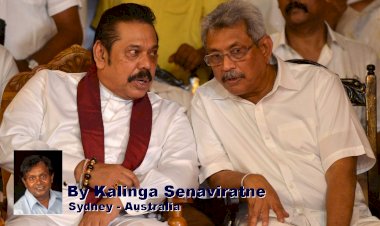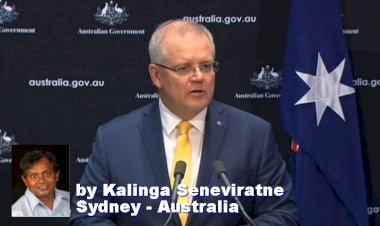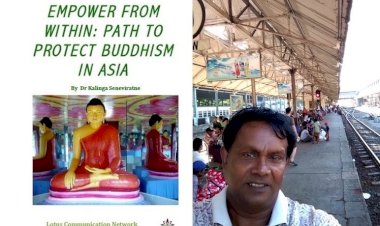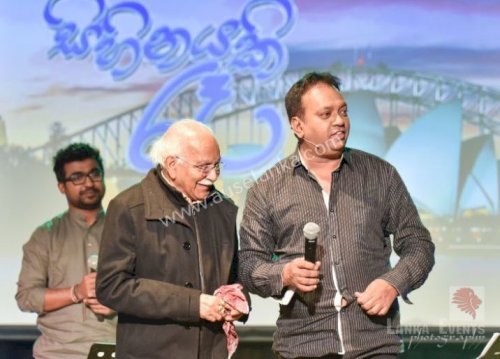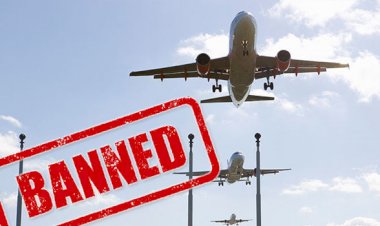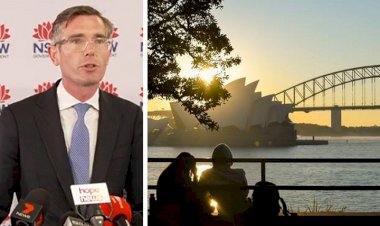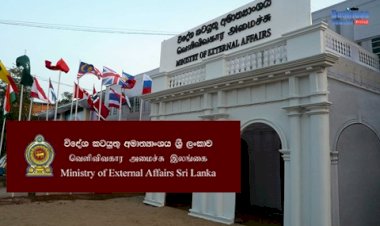Australian Immigration Law: What’s New in 2023?
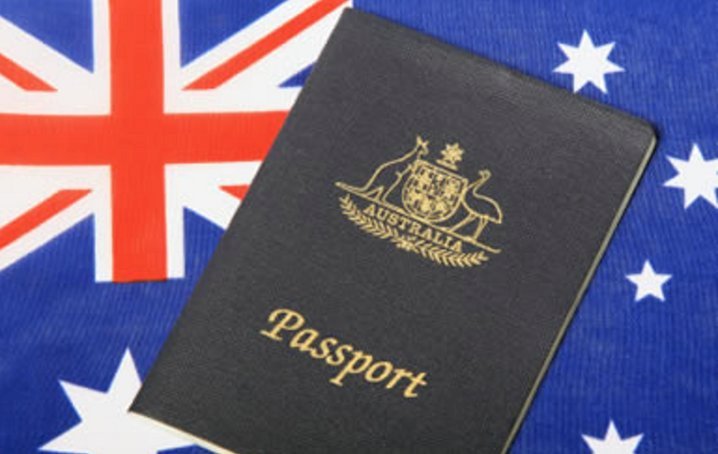
PART ONE - Published on March 24, 2023 by Wing Ho and Yee Mei Chow
Australia’s immigration system is transitioning to a post-COVID normal after the disruptions of the past 3 years. As we progress through 2023, we may see yet more fundamental changes to Australia’s immigration laws to address the critical workforce shortages and supply challenges that are continuing to affect the Australian economy. Below is a summary of the recent and upcoming changes that have been flagged in the news. In Part 1 of this series, we cover Australia’s current border arrangements, Ministerial Direction 100 and the Government’s review of the migration system.
1. Update on Australia’s border arrangements in response to COVID-19
From 12:01am on 11 March 2023, the COVID-19 testing requirements imposed on travellers from Hong Kong, Macau and China in early January 2023 were lifted.
In all other cases, the Australian Federal Government does not require incoming international travellers to undergo any pre-arrival testing.
Many States and Territories have abolished requirements for post-arrival testing and quarantine, but travellers should check the relevant State/Territory Government website for the latest information as requirements may change at short notice.
All visa holders and immediate family members of Australian citizens/permanent residents can travel to Australia without the need for a travel exemption, provided that they have a valid visa/right to reside in Australia and meet the normal border entry requirements. Likewise, there are no restrictions on Australian citizens/permanent residents’ outbound travel from Australia.
Please click here for details of the latest border arrangements implemented by the Australian Government.
2. Ministerial Direction 100 – visa processing priorities
A new Ministerial Direction 100 came into effect on 28 October 2022, which outlines a different set of priorities for skilled visa processing. The new Ministerial Direction is intended to speed up visa processing and clear backlogs. The full list of the visa subclasses and occupations can be found here
Key changes include:
- Giving top priority to nominations and visa applications involving teaching and healthcare occupations.
- Restoring priority for nominations by Accredited Sponsors as well as associated visa applications.
- Abolishing the Priority Migration Skilled Occupation List (PMSOL) and critical sectors which was a temporary measure introduced since 2020 to deal with the challenges of responding to the COVID-19 pandemic.
- Reducing the number of priorities, including removing priority for the Global Talent and Business Innovation and Investment Programs.
Under the new Ministerial Direction, the Department of Home Affairs is expected to prioritise provisional and permanent skilled visa applications where the primary applicant is located outside Australia at the time of making the application.
Additionally, provisional and permanent skilled visa applications by Hong Kong SAR and British National (Overseas) passport holders will continue to receive priority.
3. Review of Australia’s immigration system
In September 2022, the Minister for Home Affairs announced a review into Australia’s migration system. The Australian Government is interested in taking recommendations and hopefully implementing reforms to improve the migration system and better position it for the future.
The review’s Terms of Reference indicate some important themes behind Australia’s migration strategy:
- Australia is joining other countries in the so-called ‘war for talent’ as it seeks highly skilled migrants.
- Improving clients’ experience of the immigration process to compete with other countries for highly skilled migrants.
- The migration system needs to support Australia’s economy and help achieve improvements in productivity.
- The need for building Australia’s sovereign capabilities to address critical challenges associated with aging population, new technologies and climate change.
- Australia will benefit from stronger ties with international partners including greater mobility of people, trade and supply chain links.
- The need for clear pathways to permanent residence and reduce the exploitation of migrant workers so that Australia can better retain skilled migrants who make important contributions to the economy.
The reviewers are expected to report to the Government in early 2023.
PART 2 - Published on March 29, 2023 by Wing Ho and Yee Mei Chow
This is Part (2) of our series on what’s new in Australian Immigration Law. Our immigration system is transitioning to a post-COVID normal after the disruptions of the past 3 years. Throughout 2023 we may see more changes to address the critical workforce shortages and supply challenges that are continuing to affect the Australian economy. In Part 2 of this series, we cover the concession on condition 8547 for Working Holiday Makers, student visa holders’ work rights, visa extension and additional pathway for Australian graduates, the replacement of Ministerial Direction 80 and new permanent pathway for Temporary Protection Visa (TPV) and Safe Haven Enterprise Visa (SHEV) holders.
1. Extension of concession on condition 8547 for Working Holiday Makers (WHM visa holders)
Generally, unless an exception applies, visa holders will only be able to work for the same employer for up to 6 months. However, on 19 January 2022, the Australian Government announced that effective immediately and until the end of 2022, this restriction would be lifted. This concession has now been extended until 30 June 2023.
From 1 July 2023 onwards, WHMs may work for an employer for a further 6 months even if they worked for that same employer before 1 July 2023.
The concession is available to WHM visa holders as well as those who hold a bridging visa with condition 8547 attached.
2. Student visa holders’ unrestricted work rights to end on 30 June 2023
The Australian Government previously announced the temporary removal of the 40 hours per fortnight working hours limitation for student visa holders across all sectors. This concession will end on 30 June 2023.
After 30 June 2023, student visa holders will be subject to work restriction capped at 48 hours per fortnight.
3. Visa extension and additional pathway for some Australian graduates
On 21 February 2023, the Australian Government announced that it is addressing skills shortages by extending post-study work rights and duration of stay for international students that have graduated from an Australian higher education provider.
The new extension pathway will come into effect from 1 July 2023. Graduates with a Bachelor, Honours or Masters degree with eligible occupation and a related qualifications are eligible for a further 2 year Temporary Graduates Visa (TGV) extension if their qualification is listed on the Department of Education’s “Eligible Qualifications List (EQL)”. See here to view the indicative list of eligible occupations and related qualifications. All doctoral graduates will be eligible for a further 2-year visa validity period. At this stage relevant legislative updates are not yet available to provide a clear guidance on the eligibility criteria for the visa extension process and if it extends to those who are holding the replacement stream TGV on 1 July 2023.
The Australian Government has also announced that transitional arrangements are also available to support other graduates. Temporary graduate visa (TGV) holders in Australia whose visas expired or will expire between 1 September 2022 and 1 July 2023 who are not eligible to apply for a TGV extension on 1 July 2023 may be eligible for the COVID-19 Pandemic Event (subclass 408) visa with a 2-year stay period. The applicant must be working in Australia or have an offer of employment. Read more information about these transitional arrangements here.
4. Revocation of Ministerial Direction 80 & 83 for Family Visa Processing Priorities–some good news for Unauthorised Maritime Arrivals (UMA).
On 9 February 2023, the Australian Government revoked and replaced Ministerial Directions 80 and 83. These directions were replaced by Directions 102 and 103. The new order of priorities as outlined by Direction 102 and a list of the family visas which are subject to the Ministerial Directions can be found here.
The new Direction 102 effectively removes the lowest processing priority imposed under Direction 80 for applications for Family migration visas where the sponsor is a permanent visa holder who entered Australia as an unlawful maritime arrival (UMA). Direction 103 further clarifies that generally applications for Family migration visas should be processed in the order in which they are received by the Department. We understand that the cohort previously affected by the repealed directions are being contacted by the Department with regards to this development.
Citizenship applications by former UMAs are understood to be the slowest to be processed of all citizenship applications. We are still waiting to see whether the Department of Home Affairs will revise the processing priorities for citizenship applications as well.
5. New permanent pathway for TPV and SHEV visa holders – Resolution of Status (RoS) subclass 851 visa
On 14 February 2023, the Australian government has announced a new permanent visa pathway for refugees on temporary visas. The subclass 851 Resolution of Status visa provides permanent resolution of status for TPV and SHEV visa holders who arrived in Australia before 14 February 2023. The Department further explains that the eligibility to be considered for the PR pathway also extends to those applicants who have submitted a TPV or SHEV application (including subsequent TPV or SHEV application) prior to 14 February 2023 that has not been finally determined. Persons in this cohort will have their existing visa application automatically converted to a RoS visa application.
Applicants are required to meet health, character and security requirements and applicants aged 18 or over must sign the Australian Values Statement.
Specialist community refugee and immigration legal service providers across Australia are offering government funded free visa application assistance for those who are eligible to apply for a RoS visa. The list of contact details of the legal service providers and further information are available in the Department’s Factsheet.
Further details about the review can be found here.
For assistance with any Australian immigration matter, contact Carroll & O’Dea Lawyers:
Phone: 1800 059 278
Email: cod@codea.com.au
Contact page: https://www.codea.com.au/contact-us/
Courtesy – Maithri Panagoda, Partner , Carrol Carroll & O’Dea Lawyers




 mode1
mode1 







